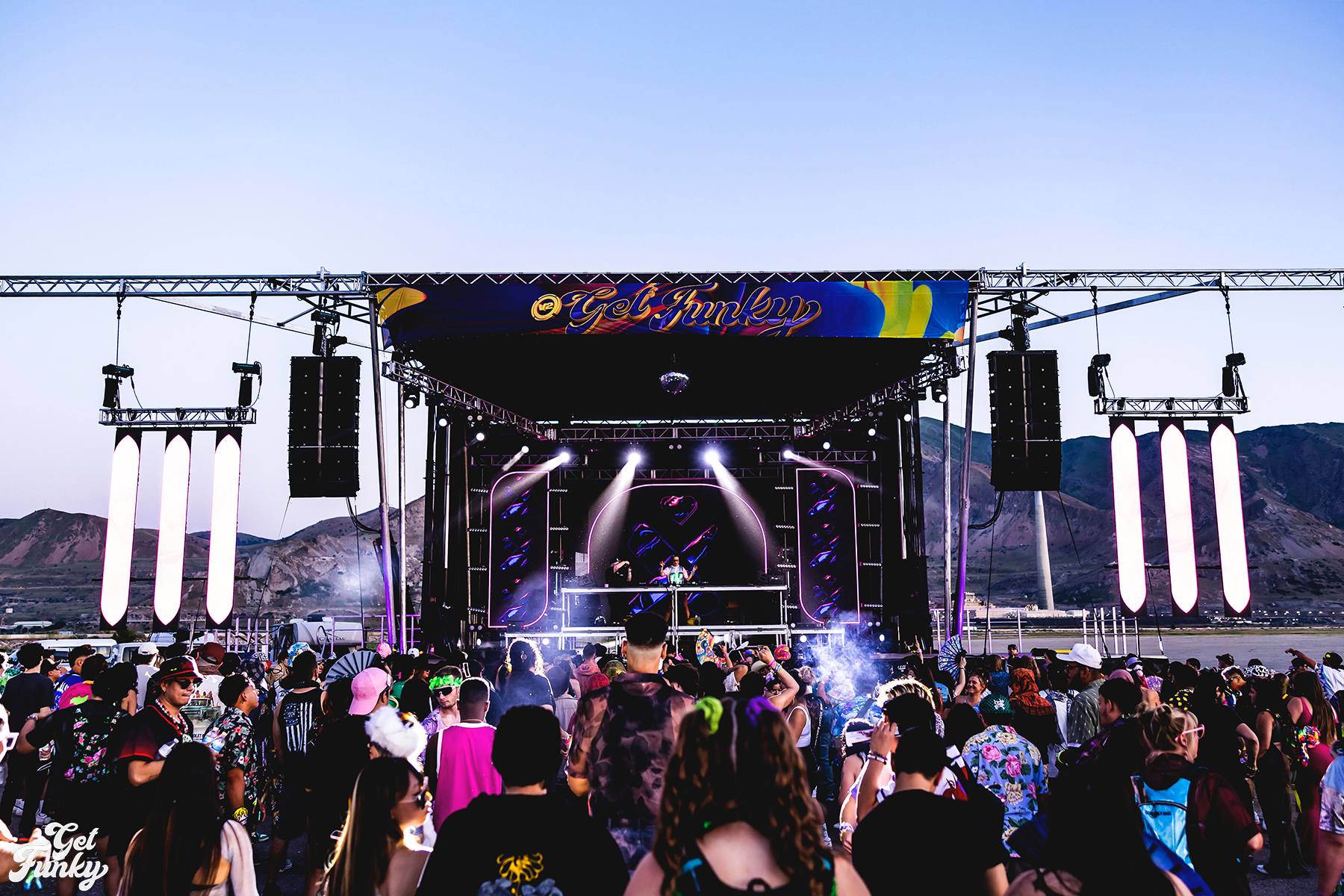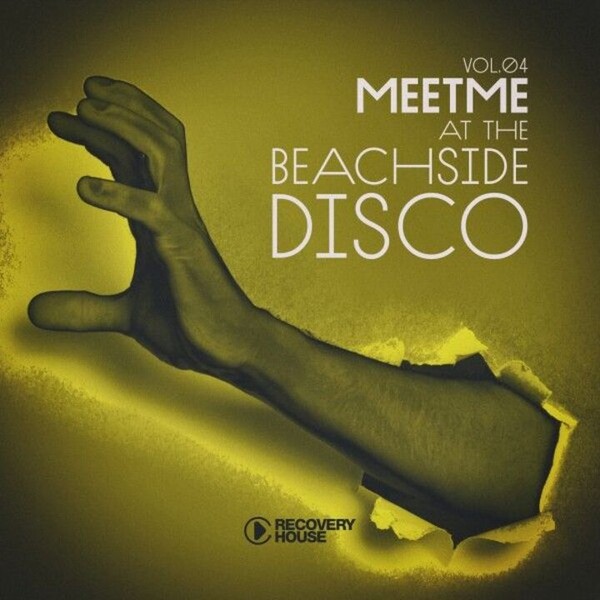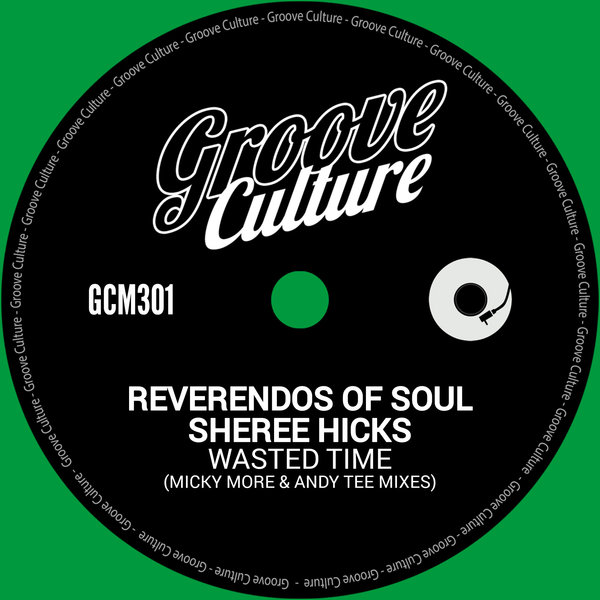The smell of BBQ-slathered ribs crackling on Unc’s grill. Kids reciting all three verses of “Lift Every Voice and Sing.” Black festival vendors hawking handcrafted art pieces as incense smoke wafts in the air.
Today marks Juneteenth—an annual observance of Black emancipation after the Civil War—so from Tampa to Tacoma, you’ll feel its jubilant presence. Once rooted in Southern tradition, Juneteenth gained federal recognition in 2021, propelling it firmly into the mainstream. But amid all of the planned parties, parades, and celebrations of Black liberation, there’s something that’s just not sitting right with me this time around.
Throughout 2025, Immigration and Customs Enforcement agents have swept through U.S. cities, bringing President Donald Trump’s mass deportation fantasies to life by arresting thousands of undocumented residents and even some citizens. The raids escalated in Los Angeles earlier this month, as ICE agents descended with military force, snatching men, women, and children from homes, businesses, farms, and churches. From there, they await deportation in detention centers that some have described as “deplorable”—reportedly without due process in some cases.
While these ambushes seem to target Latino communities primarily, the connection to Black struggle is hard to ignore, especially with African and Caribbean immigrants also at risk of being apprehended. Haitian immigrants have been getting deported to the island since Trump took office in January. A 44-year-old Haitian national died in ICE custody in April.
Meek Mill once famously asked, “What’s free?” and the way this state-sanctioned chaos collides with Juneteenth has me shaking my head and wondering the same damn thing.
The holiday that commemorates enslaved Texans finally learning of their freedom on June 19, 1865—160 years ago today—got its glow-up shortly after the 2020 police murders of Breonna Taylor and George Floyd. That year’s racial reckoning yielded action: black Instagram squares, corporations that offered a single paid day off, lawmakers draped in Kente cloth, and yes, the first federal holiday since Dr. Martin Luther King Jr. Day became one in 1983. But these were dopamine hits, not real solutions to systemic racism or xenophobia. They were Black- and brown-toned bandages slapped over a gaping wound. (Please believe Band-Aid capitalized on the moment, too.)

Five years after the brutality that pushed Juneteenth into the national consciousness, the hallowedness of its federal designation—ironically, a reelection promise made during Trump’s failed 2020 campaign—thunks loudly as ever. Since federal agents began swarming South Los Angeles neighborhoods in the early hours of June 6, many restaurant employees, landscapers, and other community members have continued to work under the fear of being suddenly arrested. Others are reportedly too afraid to leave their homes or send their kids to school, terrified they might help an agent meet some arbitrary arrest quota just by stepping outside.
Widespread protests followed in all 50 states, but Trump responded with more force than reason in local areas like Compton and the Fashion District, deploying more than 4,000 California National Guard troops and 700 Marines to disperse crowds with rubber bullets, tear gas, and stun grenades. It was the first time in 60 years that a U.S. president federalized a state’s militia without a governor’s consent—and the first military deployment against the American public since 1992, when riots rocked Los Angeles after the police who beat Rodney King were acquitted.
Again, I wonder, what’s free? Because the curse of xenophobia comes at a cost that’s far too expensive.
It’s bad enough that these immigration stings—and the violent quelling of lawful protests—set dangerous precedents for the executive power of a president with authoritarian tendencies. Ultimately, it’s us who foot the bill. This year alone, nearly $34 billion was allotted for immigration and border enforcement—more than two-thirds of all federal law enforcement spending, according to the nonpartisan think tank Cato Institute. And if the Senate approves the House’s budget reconciliation bill (H.R. 1), that number could swell by an additional $168 billion over five years.
Just imagine if even a fraction of that sum went toward solving the crisis of Black homelessness in Atlanta. Or funding clean water infrastructure in Flint. Or relieving student debt. Or expanding federal healthcare. Instead, that money is being earmarked for armored trucks and holding cells—tools of the same systems Juneteenth was meant to mark our escape from.
Beyond the cold grasp of ICE, Juneteenth celebrations may feel muted this year due to the Trump administration’s anti-DEI crusade and active erasure of racial history. Institutions across the country have scaled back or outright canceled events under political and financial pressure.
Basically, everything sucks. Which is why there’s only one acceptable way to approach Emancipation Day: Go up even harder than usual. We always knew America could never truly embrace Juneteenth without first taking accountability for centuries of Black bondage. So this holiday has always—and will always—belong to Black folks.
With that being said, have a good-ass, Black-ass time today. Hit the Milly Rock and the Laffy Taffy and the Electric Slide. Dive into Black Boy or The Coldest Winter Ever. Go see Sinners again. Pull up to a cookout and ask who made the potato salad. Learn about George Washington Carver’s hundreds of inventions. Today is a celebration of us, word to Skyzoo.
If you can afford to rest, do so. But remember that Juneteenth is no victory lap. If Trump’s second administration has shown us anything, it’s that the fight for liberation continues. And we damn sure won’t go out sad.

 4 hours ago
2
4 hours ago
2


















 English (US) ·
English (US) ·